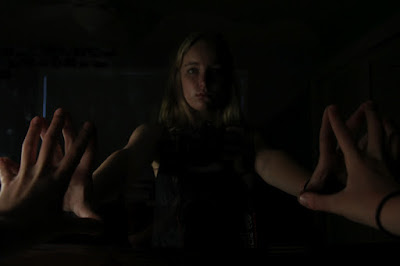Hello Students,
In our modern era, photographers and their rights are constantly being challenged, abused and misled. It is important to know your rights and what means are available to protect you, your intellectual property, equipment and ownership of the images you create and to protect your individual rights under the law.
What are your rights as a photographer?
These are general guidelines regarding the right to make photos and should not be interpreted as legal advice. If you need legal help, please contact a lawyer.
- You can make a photograph of anything and anyone on any public property, except where a specific law prohibits it. e.g. streets, sidewalks, town squares, parks, government buildings open to the public, and public libraries.
- You may shoot on private property if it is open to the public, but you are obligated to stop if the owner requests it. e.g. malls, retail stores, restaurants, banks, and office building lobbies.
- Private property owners can prevent photography ON their property, but not photography OF their property from a public location.
- Anyone can be photographed without consent when they are in a public place unless there is a reasonable expectation of privacy. e.g. private homes, restrooms, dressing rooms, medical facilities, and phone booths. Despite common misconceptions, the following subjects are almost always permissible: accidents, fire scenes, criminal activities, children, celebrities, law enforcement officers, bridges, infrastructure, transportation facilities, residential, commercial, and industrial buildings
- Security is rarely an acceptable reason for restricting photography. Photographing from a public place cannot infringe on trade secrets, nor is it terrorist activity.
- Private parties cannot detain you against your will unless a serious crime was committed in their presence. Those that do so may be subject to criminal and civil charges.
- It is a crime for someone to threaten injury, detention, confiscation, or arrest because you are making photographs.
- You are not obligated to provide your identity or reason for photographing unless questioned by a law enforcement officer and state law requires it.
- Private parties have no right to confiscate your equipment without a court order. Even law enforcement officers must obtain one unless making an arrest. No one can force you to delete photos you have made.
Case Study: Obama Image Copyright Case
Mannie Garcia, Associated Press, Shephard Fairy
|
Mannie Garcia is a photographer that worked for Associated Press (AP) and took this iconic photo of President Barack Obama, which was then converted into a digital artwork by the artist Shephard Fairy. AP claims that Shephard Fairy violated their copyright of the image. Mr. Fairy claims that by altering the photograph he had created an original artwork. Mannie Garcia even joined in claiming that he owned the original rights to the photograph and it became a 3-way legal battle. All parties eventually conceded and came to an out of court settlement and agreement, with no parties admitting to copyright having been infringed. What do you think? Did Mr.Fairy violate the copy rights of the original photo? Who owns the rights in the first place? AP or Mr. Garcia?
Case Study: Colorado University Independent vs Photographer Andy Duann
Photo by: Andy Duann
|
When student photographer Andy Duann heard there was a bear stuck in tree on the CU campus he did what any crack photographer would do, he got to the scene just in time to take this photo. The image quickly went viral and was used in print by the universities student paper, the Colorado University Independent newspaper. CUI then sold the image to major newspapers. When the photographer argued that he owned the original image the case seemed ready to be argued in court. Fortunately CUI recanted, AP pulled the image from its publications and Andy Duann's rights to the image were restored. This was a relatively quick copyright skirmish, but garnered national attention because of the viral nature to the image. What do you think? Was Andy Duann working as a photographer for CUI? Who do you think owns the rights?
Photography and the Law - Assignment Details:
- Use the internet to research issues pertaining to photographers rights and/or copyright infringement issues and cases
- Find one issue or case to write about that you find interesting
- Write a 1 page paper outlining the issues in question, evidence, arguements, examples, images and outcomes. Was the issue/case settled? If so, how? Do you agree or disagree with the outcome? Why?
- Be prepared to present your issue, information and arguments to the class. Please provide examples of the photographs in question if possible for viewing during your presentation.
Have fun!
- Mr.W







